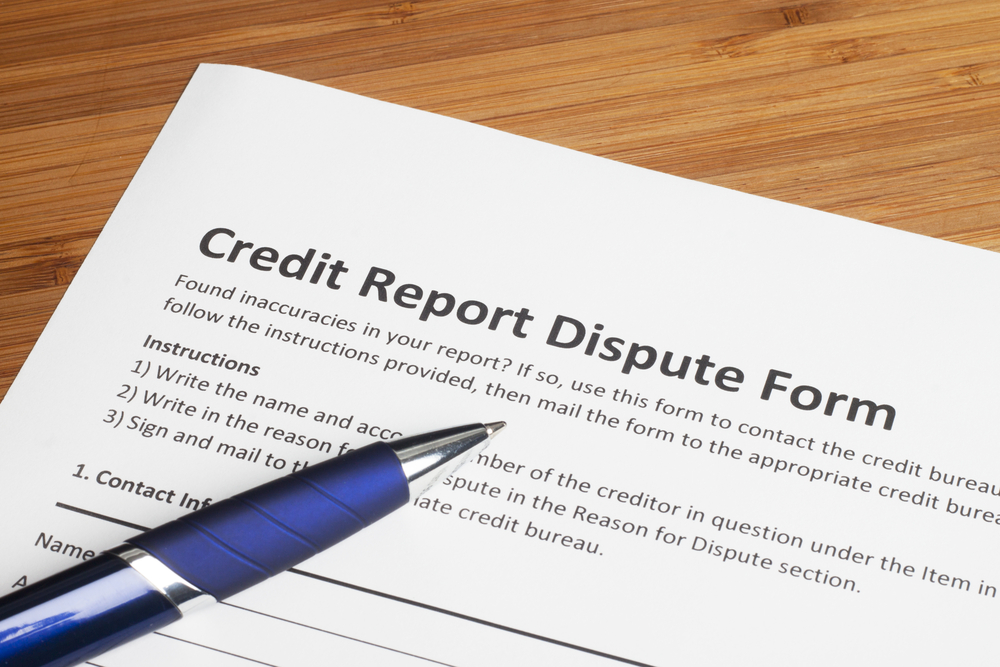Once you’ve reviewed your credit report, and determined that there are errors, you have the ability to dispute them under the Fair Credit Reporting Act.
To take advantage of all your rights under this law, it’s up to you to contact the credit reporting company and request that they investigate.
Here are five steps you need to take to dispute errors and clean up your credit report.
1. Get Organized
The first step is to carefully review each item that you plan to dispute and gather evidence to support your position. This may involve making calls to creditors and providing receipts and other information to support your claim. Keep careful records of who you talk with and when, what is said, all written communications, all credit reports, and all denials for credit. Throw nothing out; you never know when you’ll need to use them later on. Create a system to organize your information such as a credit binder or a spreadsheet to store and track each transaction and dispute.
2. Separate Disputes
If you are disputing more than one error on your report, don’t try to dispute them together. Instead, write a dispute letter for each error and mail separately. It may seem time consuming, but credit agencies aren’t going to take the time to review a single document to sort out each error. Separating the disputes makes it more likely they’ll give each one the attention it deserves. You’ll also want to write separate letters to each credit bureau that’s reporting the mistakes.
3. Submit in Writing
While many credit reporting agencies now offer online submission for claims disputes, sending your claim through the mail is still the preferred method. Send your letter by certified mail, “return receipt requested,” so you can document what the credit reporting company received. Remember, always send the reporting agencies the copies of any proof that you submit. Keep copies of your dispute letter and enclosures for yourself; you may need them later.
4. Provide Proof
In each dispute, state the facts and explain why you dispute the information and request that it be removed or corrected. While you want to be thorough, you also want to avoid making your dispute too complicated to understand. Lay out your case in simple language, and refrain from using legal terms unless you’re an attorney.
5. Stand Your Ground
Once you’ve submitted your dispute, credit reporting companies must investigate the items in question — usually within 30 days. They also must forward all the relevant data you provide about the inaccuracy to the organization that provided the information.
After the information provider receives notice of a dispute from the credit reporting company, it must investigate, review the relevant information, and report the results back to the credit reporting company. If the information provider finds the disputed information is inaccurate, it must notify all three nationwide credit reporting companies so they can correct the information in your file.
Even then, once the credit reporting agency accepts your dispute, you should contact the creditor with their statement and ask them to correct the report as well.
The result? You can see your credit score improve and your credit report will look much better down the line.
If you’d like to learn more today, we invite you to take advantage of our credit analysis service. We can provide you with a detailed review of your credit report, a budget review, and a plan of action to improve your credit in a way that is effective and responsible.





